Method Development
Enhance your expertise in LC-MS method development with comprehensive training designed to optimize analytical performance. Understand the selection of appropriate solvents, buffers, and additives to improve ionization efficiency and chromatographic separation. Master the optimization of flow rates and the implementation of flow splitting strategies to enhance sensitivity and compatibility with mass spectrometers. Delve into various ionization techniques, such as electrospray ionization (ESI), atmospheric pressure chemical ionization (APCI), and atmospheric pressure photoionization (APPI), to effectively analyze diverse compound classes. Ideal for professionals in pharmaceuticals, environmental analysis, food safety, forensics, and clinical research. Start learning today to develop robust and reliable LC-MS methods!
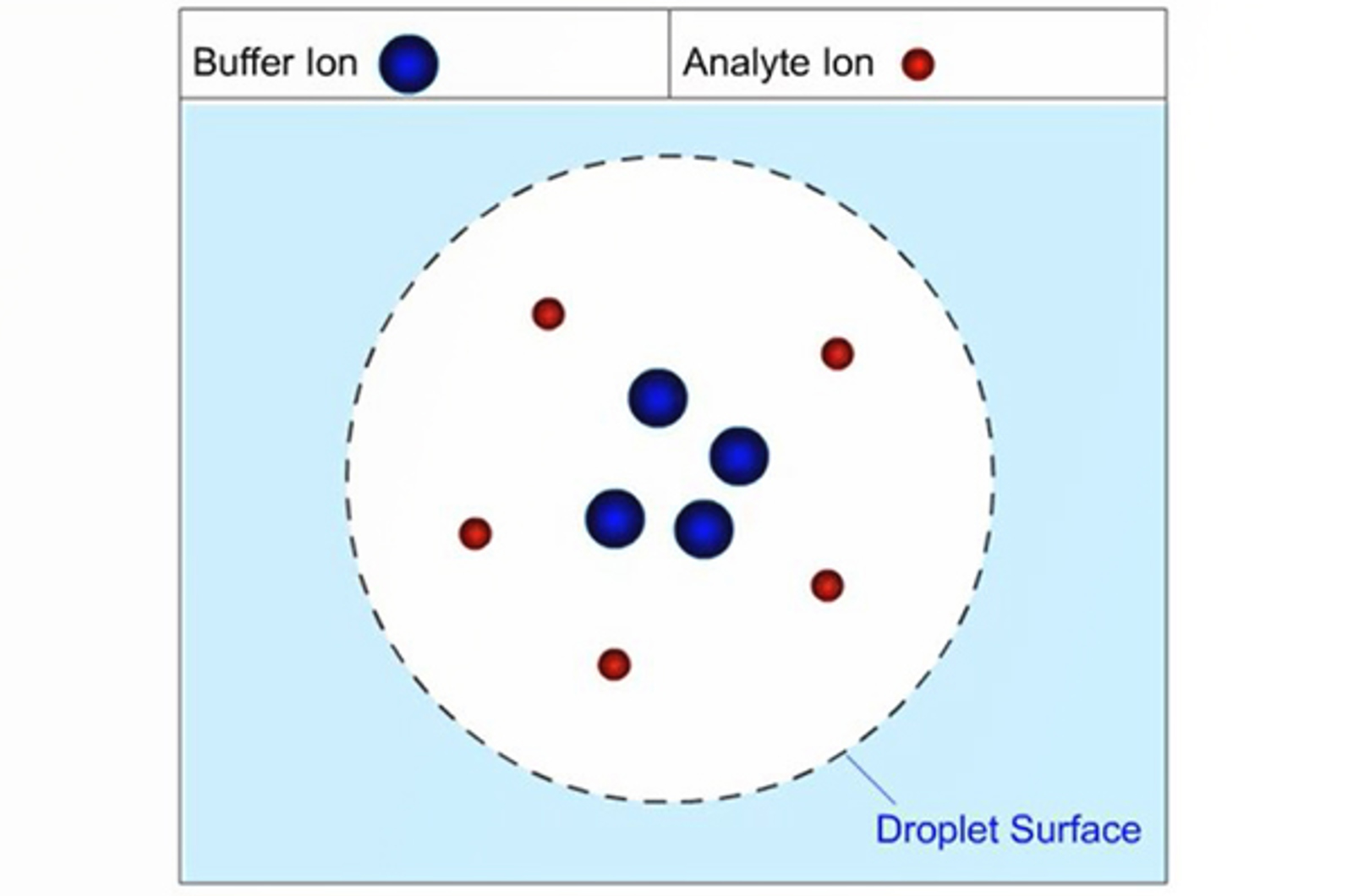
Solvents, Buffers, and Additives eLab
An interactive experiment focused on the selection of the correct solvents, buffers, and additives for LC-MS applications.
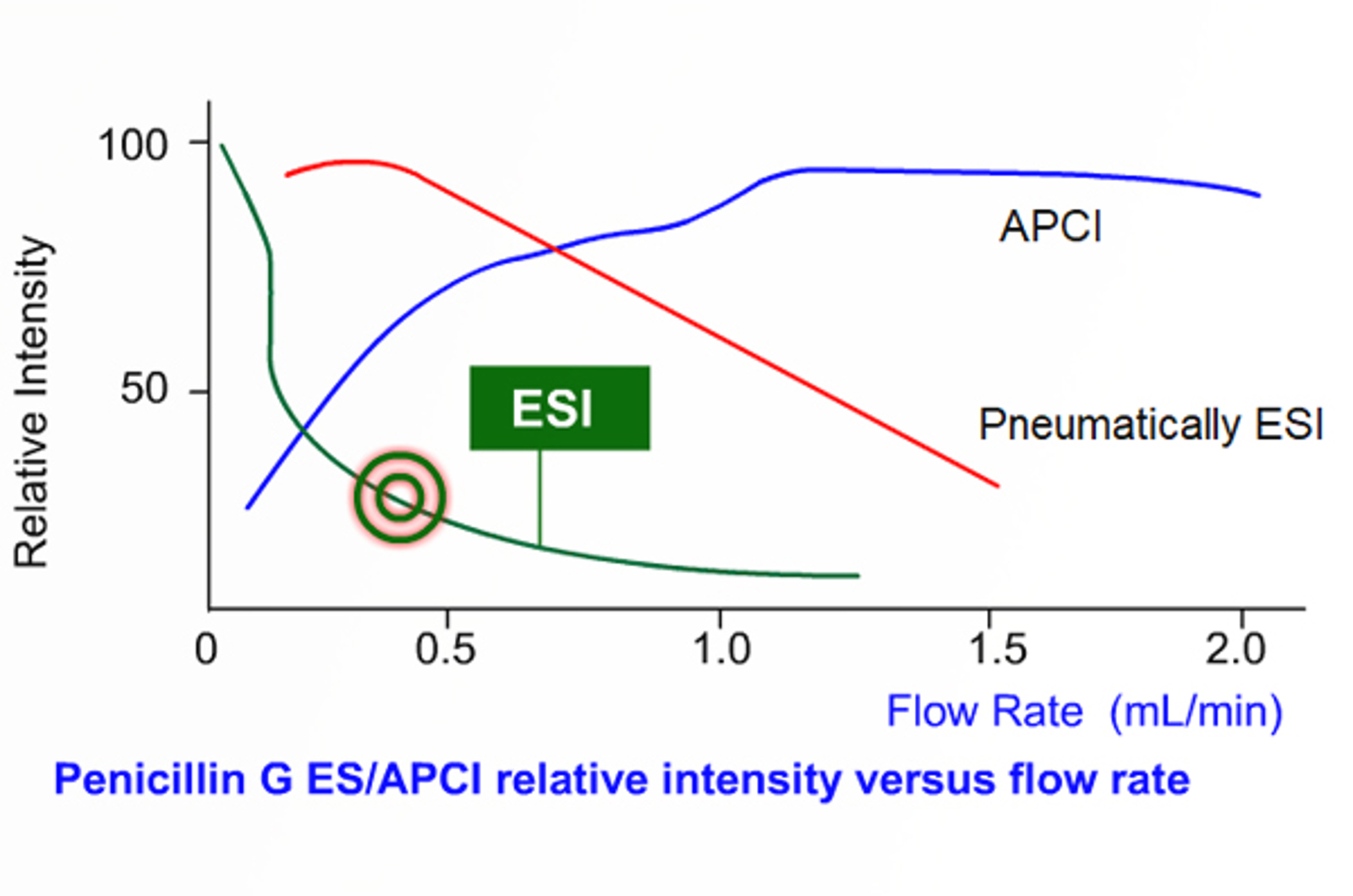
Flow Rates and Flow Splitting eLab
An interactive experiment focused on flow rates and splitting for LC-MS.
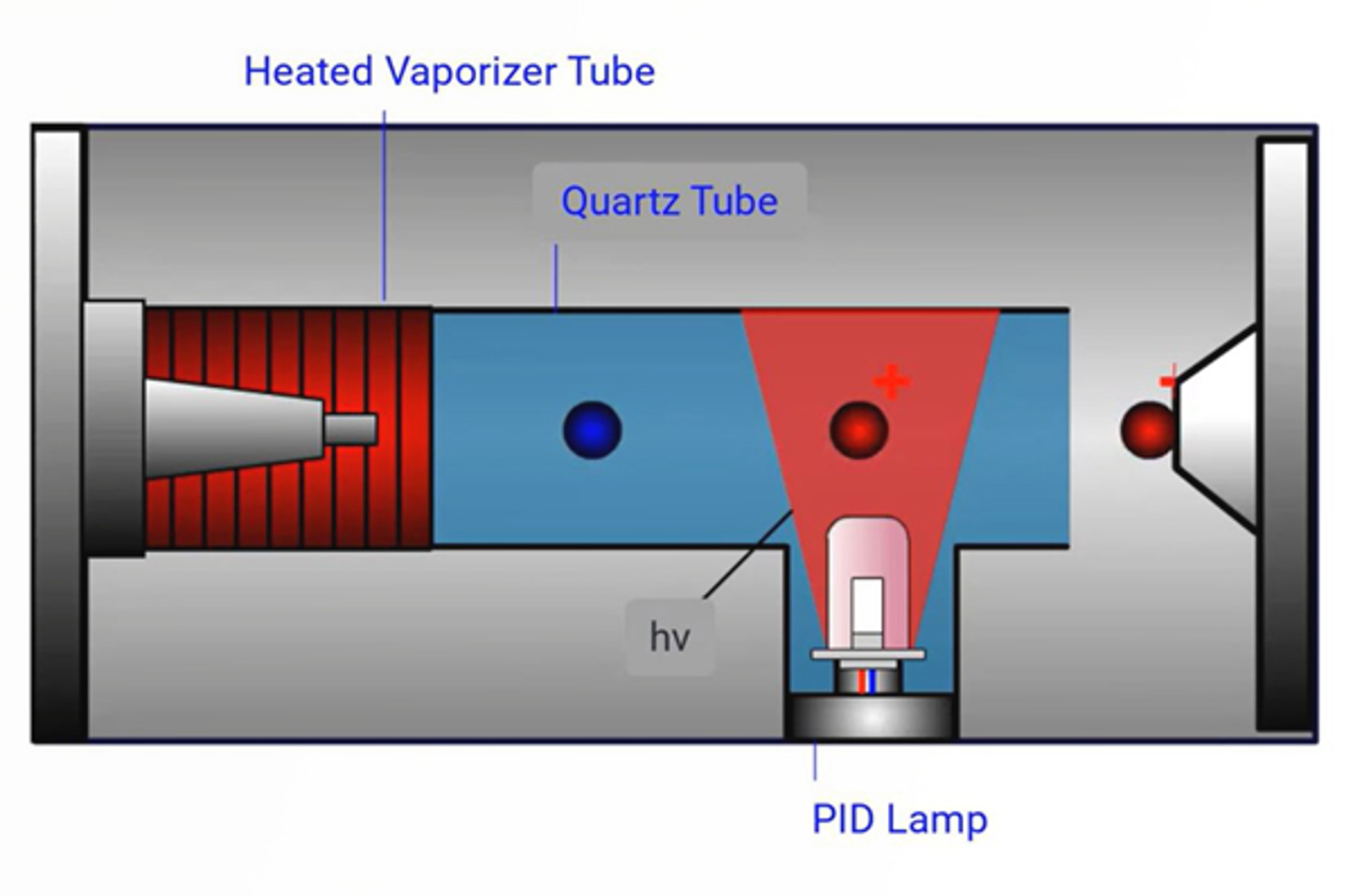
Atmospheric Pressure Photoionization eLab
Interactive experiment focused on the important experimental parameters for atmospheric pressure photoionization (APPI).
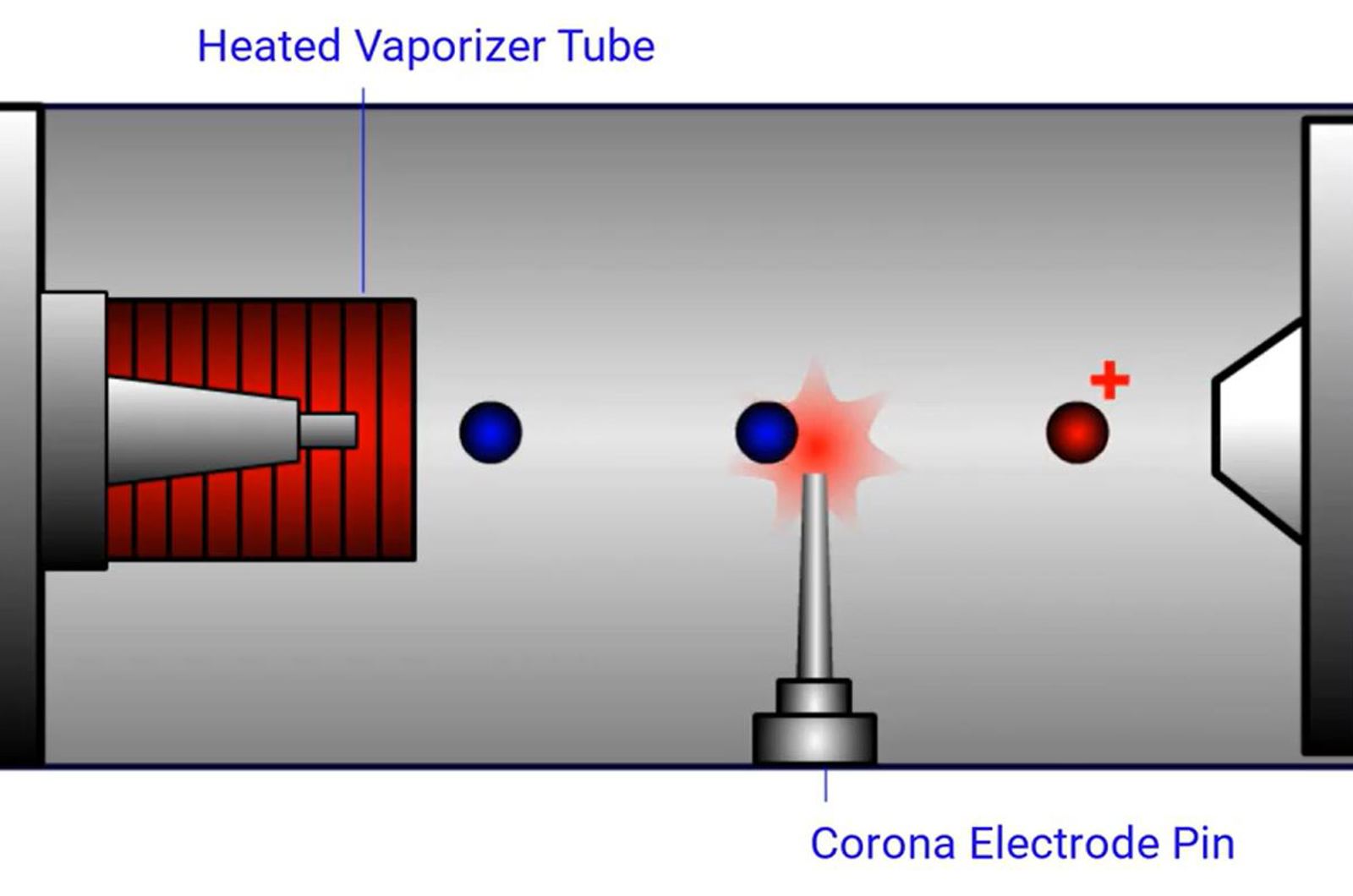
Atmospheric Pressure Chemical Ionization eLab
Interactive experiment focused on the important experimental parameters for atmospheric pressure chemical ionization (APCI).
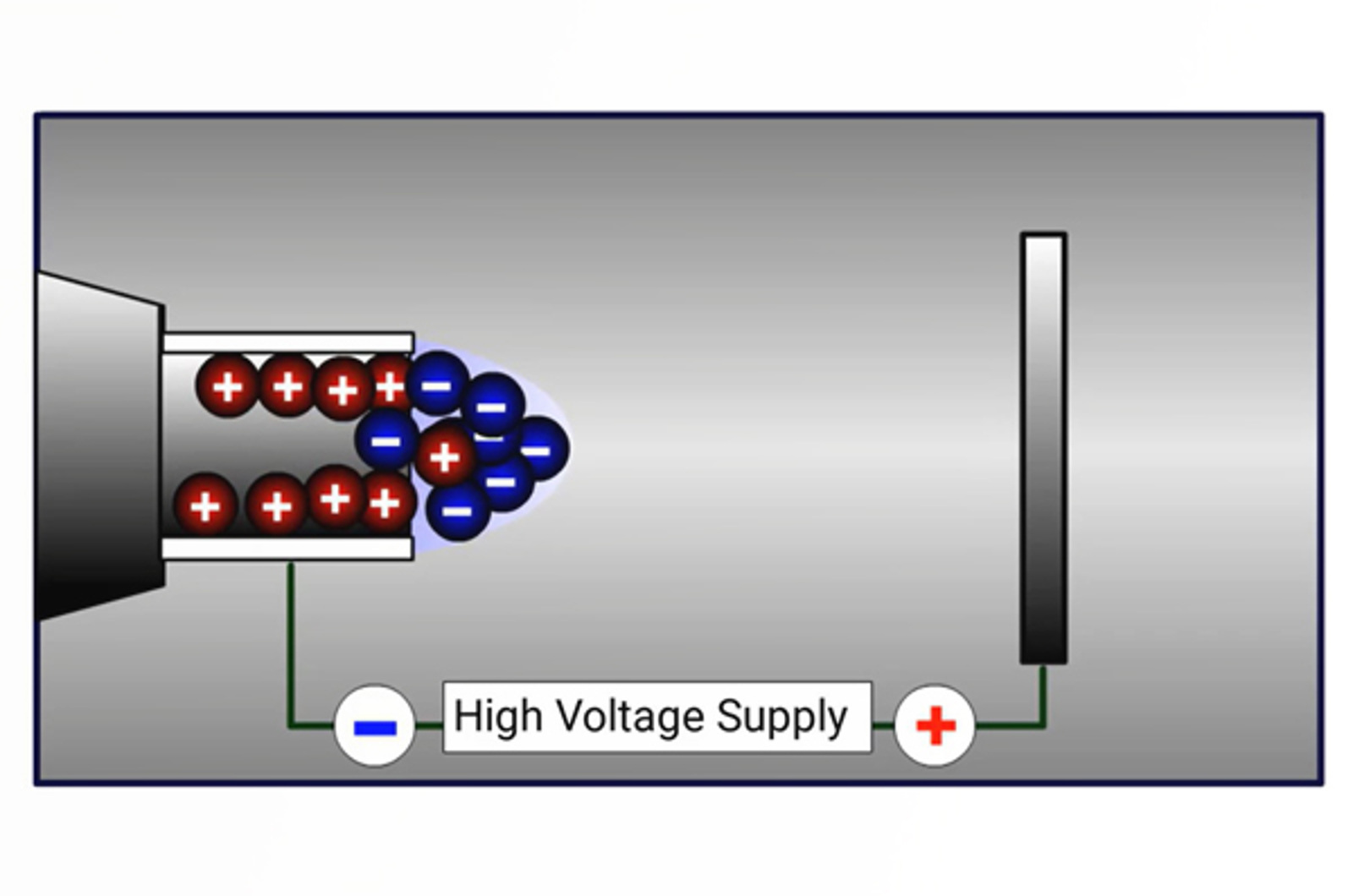
Electrospray Ionization eLab
Interactive experiment focused on the important parameters for electrospray ionization (ESI).
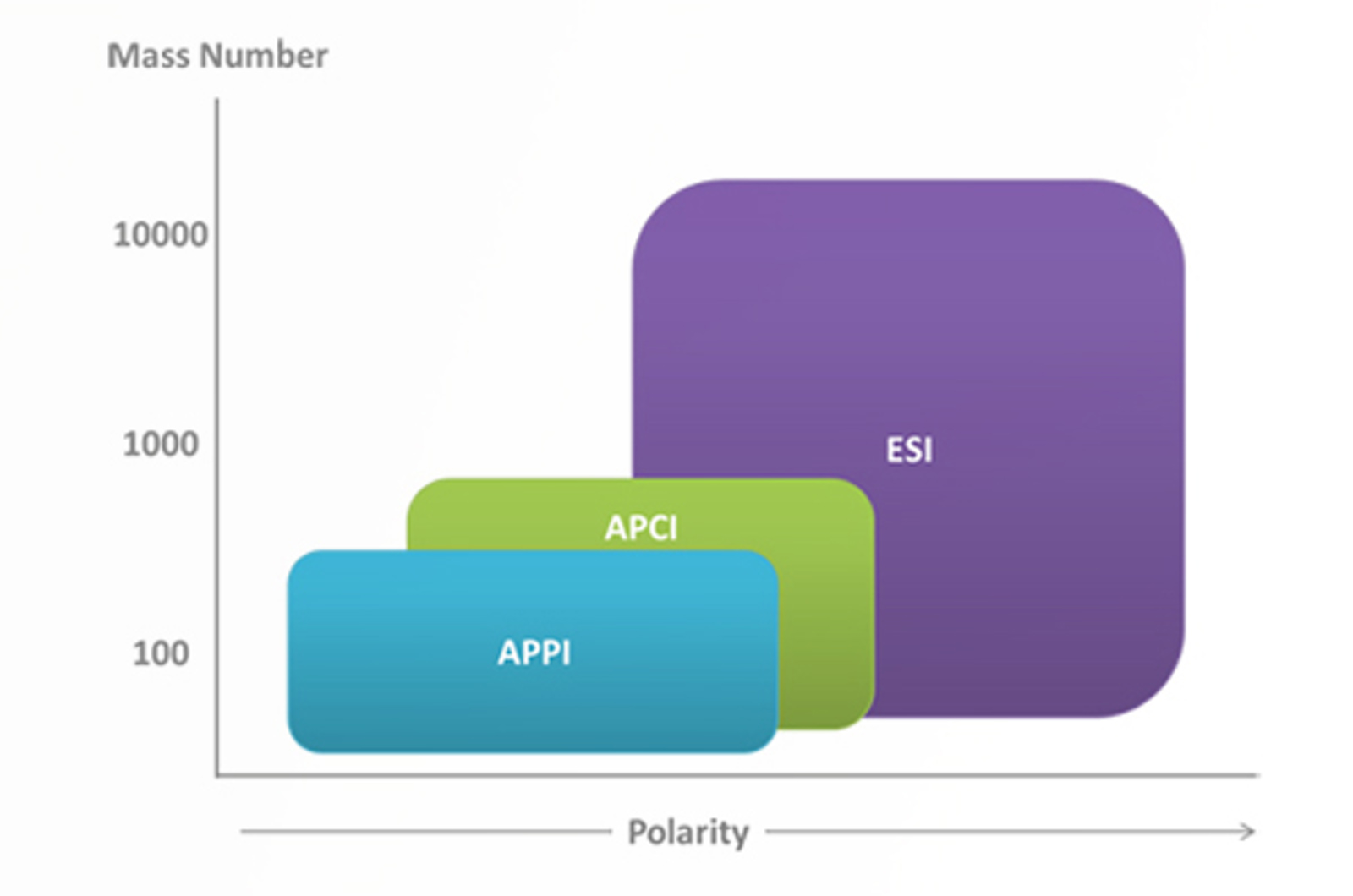
Quick LC-MS Method Optimization
A step-to-step guide to LC-MS method development and optimization.
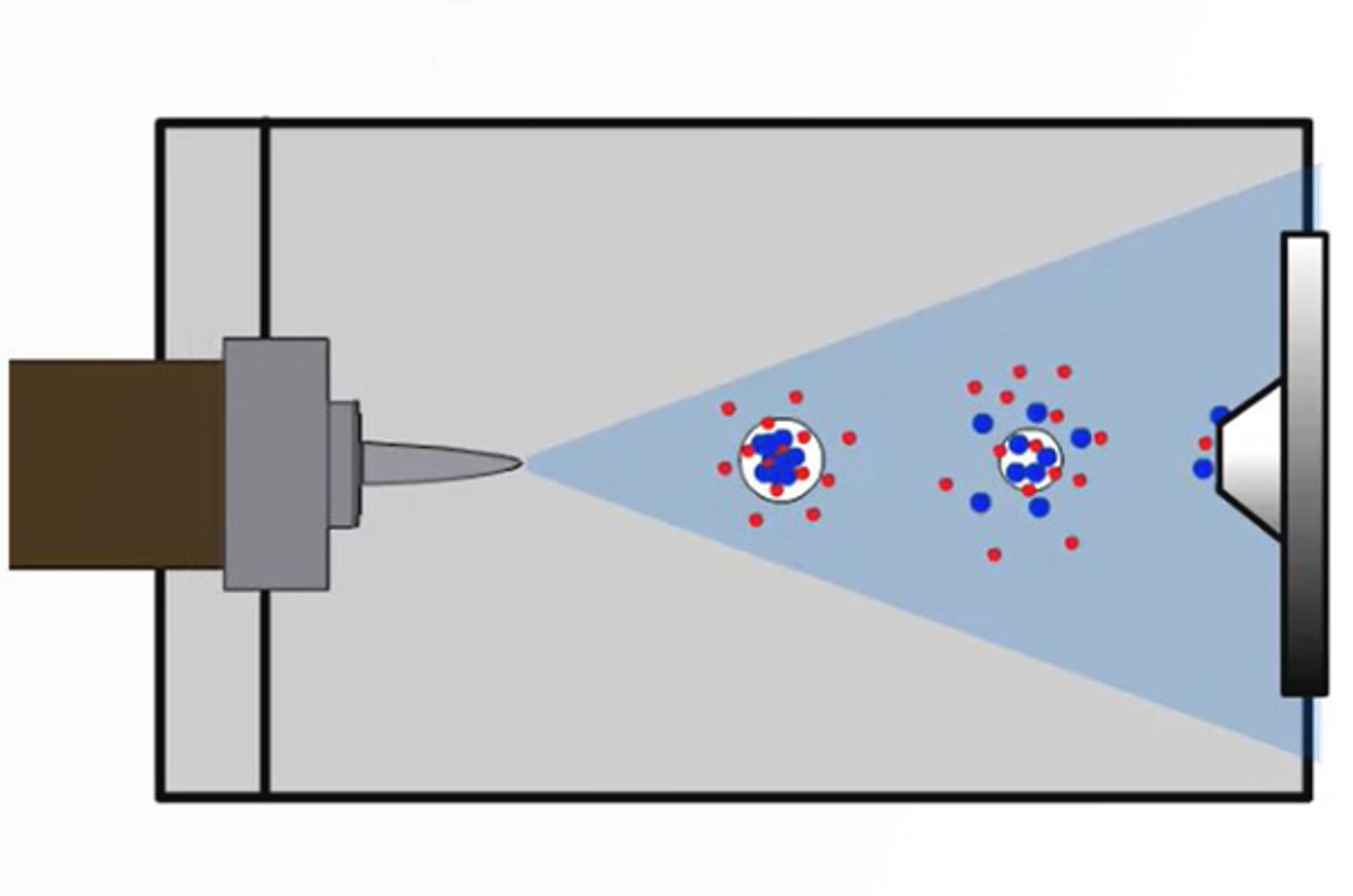
10 Tips For Great LC-ESI-MS Results
Here are 10 great tips for optimizing LC-ESI-MS so that you achieve the best possible results every time.
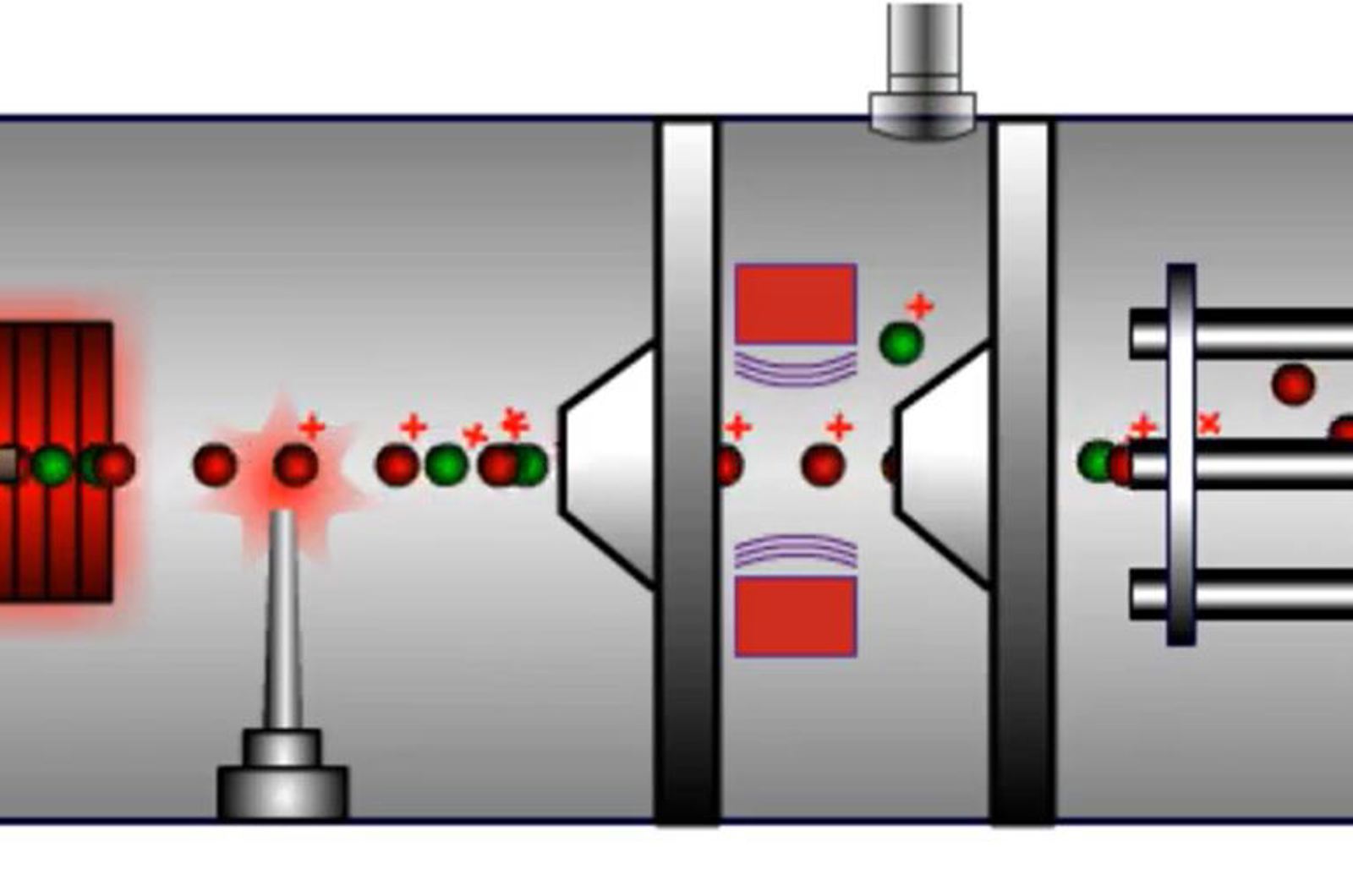
Does Mass Spectrometry Need Chromatography?
This quick guide answers the question of "Does mass spectrometry need chromatography?". Does chromatography improve our mass spec analyses?
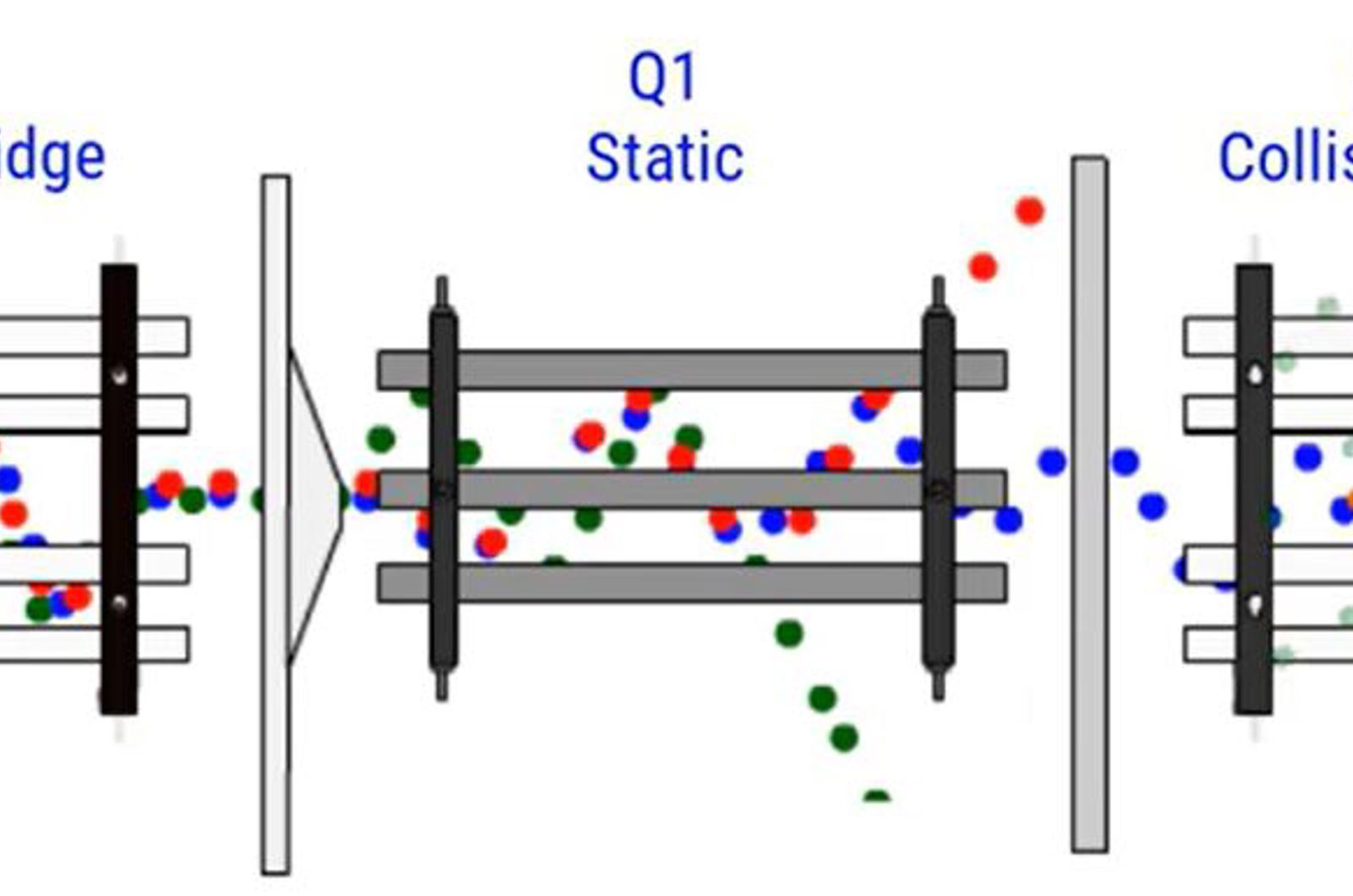
Optimizing LC-MS and LC-MS/MS
In this webcast we consider the major instrument and method variables in LC-MS analysis as well as some of the more minor ones which can sometimes make a big difference to your analysis.
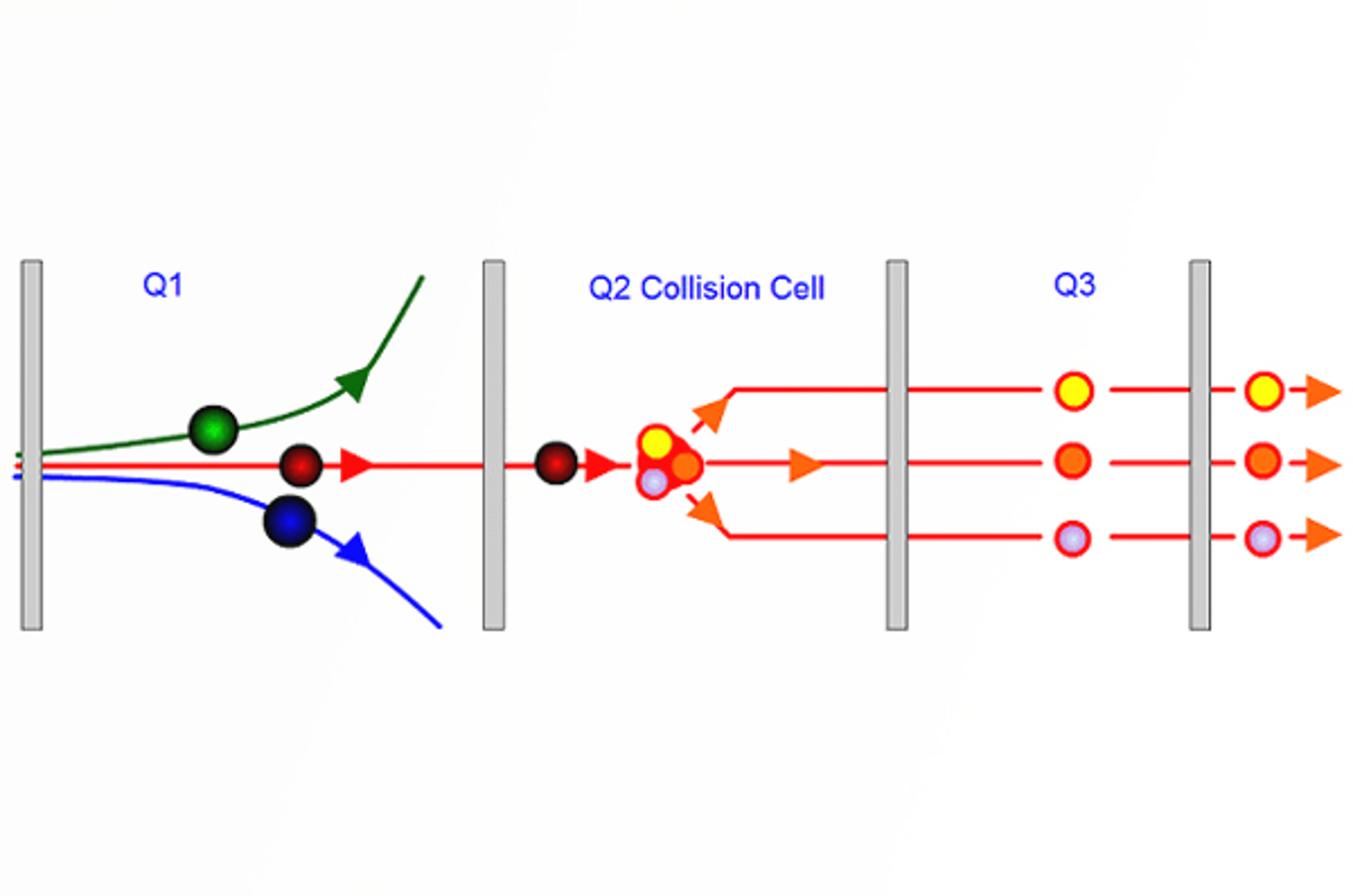
LC-MS - Introduction to MS/MS Experiments
A short video guide to introduce the types of MS/MS experiments which can be carried out.
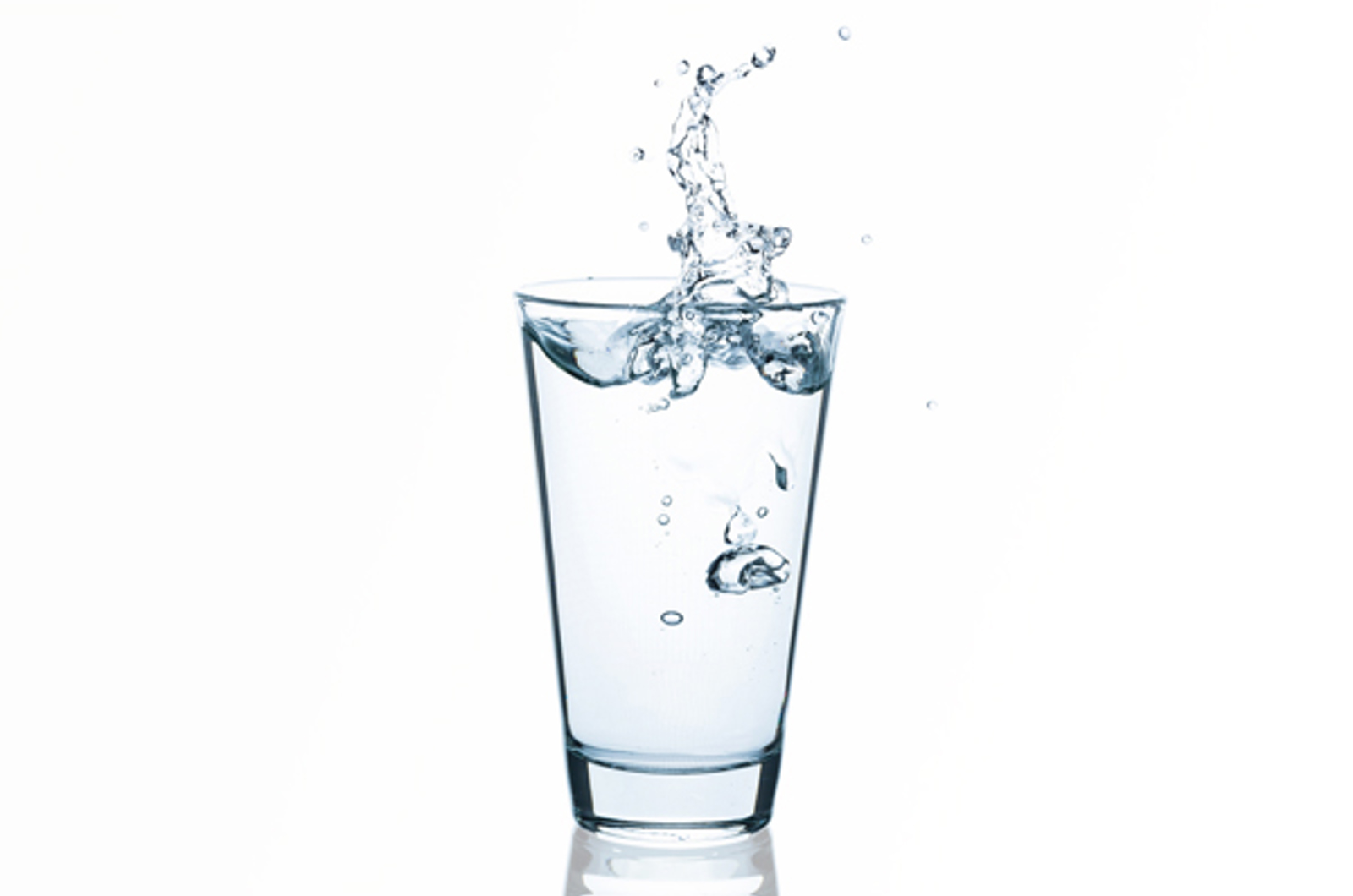
The Challenges of PFAS Analysis
This webcast covers the challenges and solutions in PFAS analysis. Key topics include direct LC-MS/MS analysis, effective pre-treatment techniques for water samples, and strategies for identifying contamination sources. Additionally, the webcast addresses methods for analyzing volatile PFAS in air, providing a comprehensive approach to tackling PFAS in environmental testing.
Sponsored by 
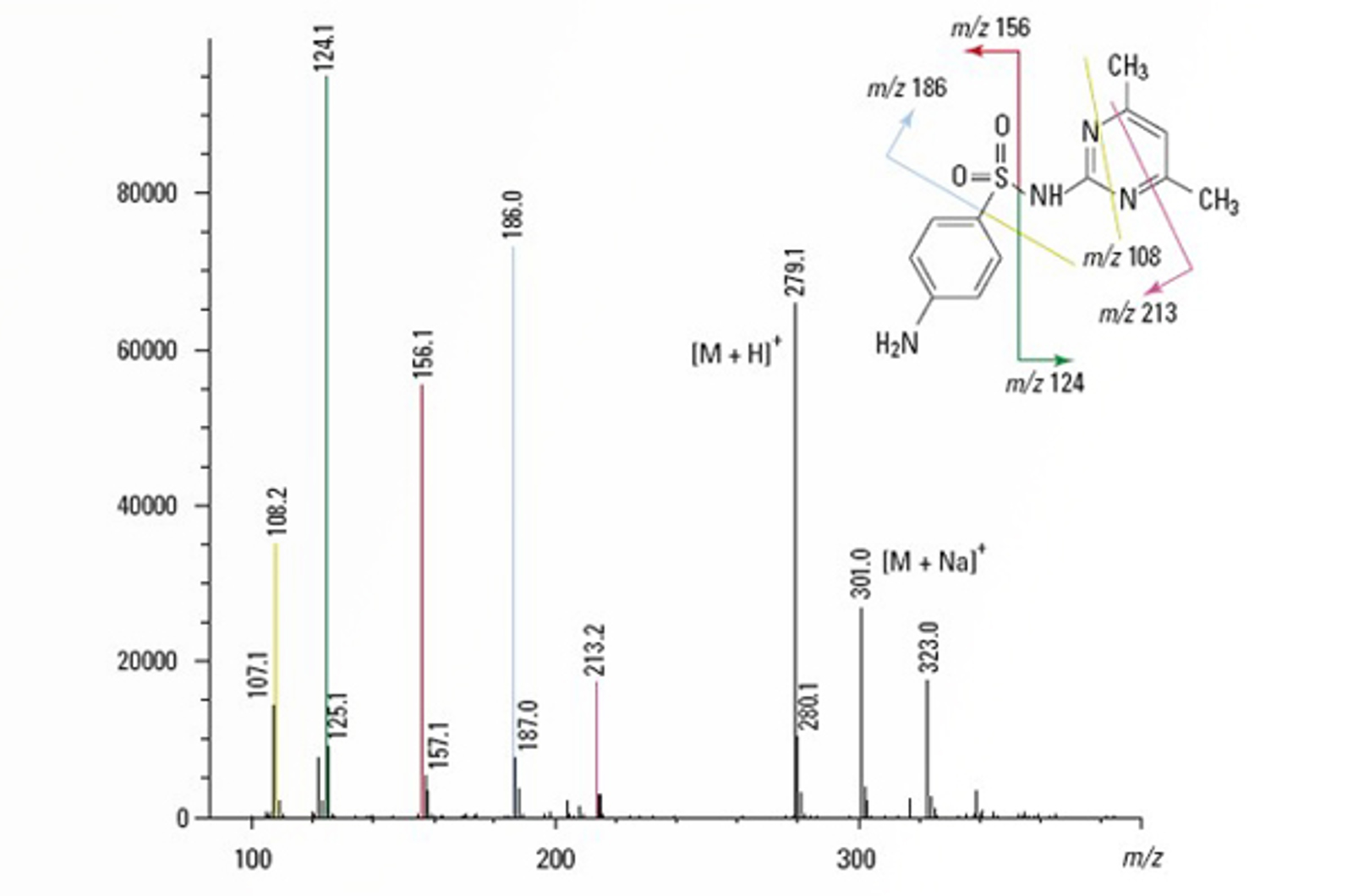
LC-MS Method Parameters - Critical Evaluation
In this webcast, our speakers will consider a range of critical LC-MS method parameters and their impact on analytical sensitivity and specificity. The importance and impact of specific eluent chemistry, interface parameters, analyzer settings and types are all critically reviewed and evaluated in this highly relevant presentation.
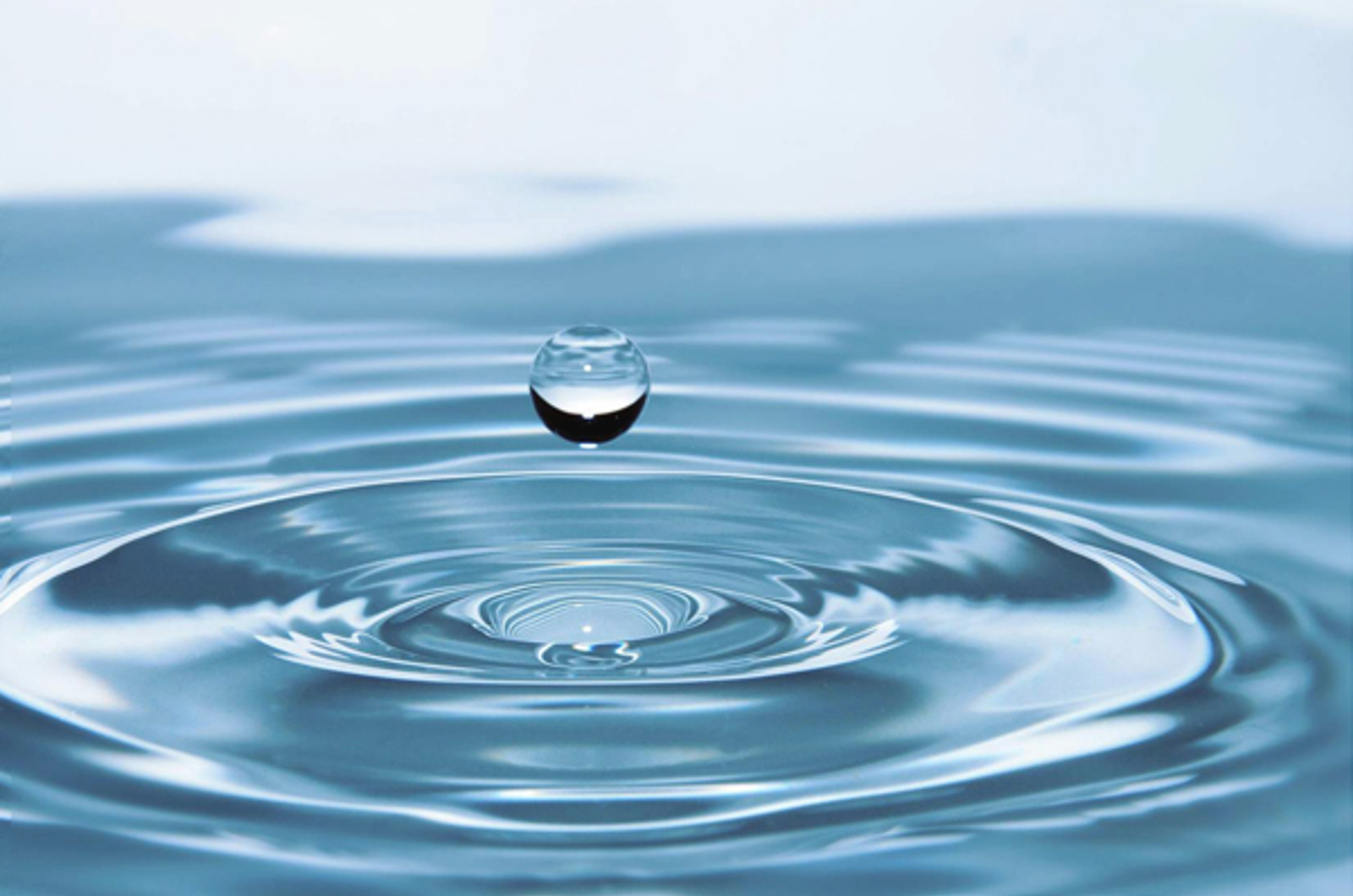
Chromatographic Analysis of PFAS: Method Development and Optimization
This webcast discusses the development of robust and sensitive methods for PFAS analysis in water and soil, addressing challenges such as contamination from environmental sources and lab materials. The webcast also explores strategies to minimize or eliminate interferences in PFAS testing, including potential adaptations for air monitoring methods.

Nitrosamines: Occurrence, Chemistry, and Current Analytical Trends
Join us for an insightful webcast, Nitrosamines: Occurrence, Chemistry, and Current Analytical Trends, where we will delve into the complex world of nitrosamines.
